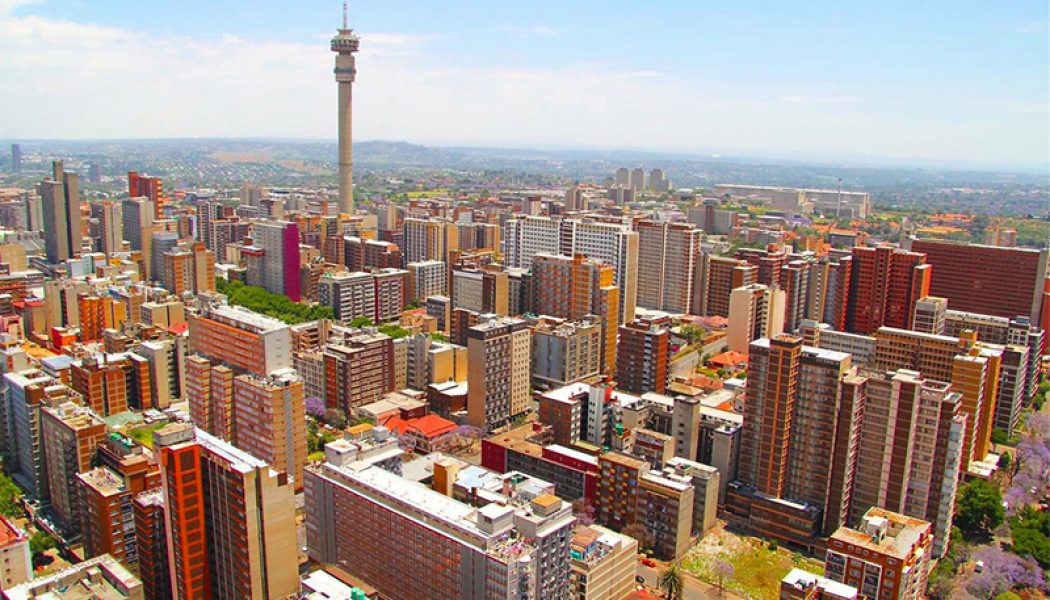Sub-Saharan Africa
World Bank: Nigeria responsible for over 40 percent diaspora remittances in Sub Saharan Africa
The World Bank says Nigeria is responsible for over 40 percent of diaspora remittances in Sub Saharan Africa (SSA). In a statement on Wednesday, the Washington-based financial institution said remittances to SSA declined by an estimated 12.5 percent in 2020 to $42 billion. The decline was almost entirely due to a 27.7 percent decline in remittance flows to Nigeria, “Remittances to Sub-Saharan Africa declined by an estimated 12.5 percent in 2020 to $42 billion,” the statement read. “The decline was almost entirely due to a 27.7 percent decline in remittance flows to Nigeria, which alone accounted for over 40 percent of remittance flows to the region. “Excluding Nigeria, remittance flows to Sub-Saharan African increased by 2.3 percent. “Remittance growth was reported in Zambia (37 percent), ...
World Bank: Pandemic to push over 115 million people into extreme poverty
A report by the World Bank has noted that over the past 12 months, the Covid-19 pandemic has harmed the poor and vulnerable the most, and it is threatening to push millions more into poverty. This year, the World Bank said, after decades of steady progress in reducing the number of people living on less than $1.90/day, COVID-19 will usher in the first reversal in the fight against extreme poverty in a generation. The report said the latest analysis warns that COVID-19 has pushed an additional 88 million people into extreme poverty this year – and that figure is just a baseline. “In a worst-case scenario, the figure could be as high as 115 million. The World Bank Group forecasts that the largest share of the ‘new poor will be in South Asia, with Sub-Saharan Africa close behind. ddAccording ...
Is the Global Pandemic an Opportunity to Reimagine Urban Development in Africa?
Sourced from SA Commercial Prop News. The need for social distancing and better sanitation could leapfrog development of African cities into a more sustainable future. This is according to Duncan Bonnett, Director of Market Access & Research at Africa House, and research partner of exhibition organiser Messe Muenchen South Africa. He says that, while Africa’s architects and planners have long been pushing for greener, smarter better designed urban spaces, the COVID-19 pandemic may help fast-track moves to better living spaces. New opportunities arise from disruptions Speaking ahead of the bauma CONEXPO Africa trade show, Bonnett says “The pandemic has certainly caused delays and disruptions across construction and infrastructure development, but there are some silver linings for the se...
Satellite TV Continues to Gain Popularity in Ghana and Nigeria
Sourced from Britannica. A new study shows that Satellite TV reception increased by 23% in Nigeria and 19% in Ghana in 2019 since the last study, conducted two years ago; SES currently reaches 35 million TV households across the African Continent. SES has unveiled the results of its annual Satellite Monitor survey, which reveals a steady increase in the penetration of satellite TV across Africa. The study on TV reception also shows an increase in satellite TV across the continent, leaping from 33 million African households in 2018 to 35 million households in 2019. 2 million households in a year’s time. If this trend continues, satellite TV penetration could reach 41 million households by 2022. In Nigeria, the Satellite Monitor results revealed that satellite TV reception was the choice for...



















